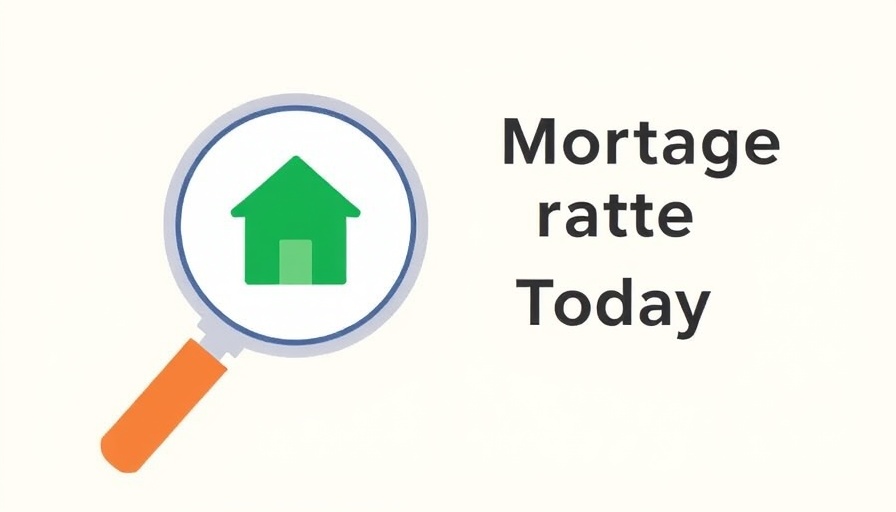
Understanding Separately Managed Accounts: A Game Changer for Business Investments
If you're a small business owner seeking tailored investment strategies, you may have stumbled upon the concept of separately managed accounts (SMAs). These investment solutions allow you to have greater control and customization compared to traditional investment funds. In essence, an SMA is an investment account owned by you, but managed by a financial advisor who has discretion over specific investment decisions.
The Benefits of Separately Managed Accounts
SMAs provide several key benefits that can align with the goals of business managers looking for growth opportunities. One of the most notable advantages is transparency; unlike mutual funds where investors may not see the underlying assets, SMAs allow you to know exactly what you own. This can be especially important for business owners who need to keep a close eye on their investments as part of broader financial planning.
Moreover, you have the power to customize your investment strategy. This is critical for businesses with specific ethical guidelines or financial goals. For instance, if your business aims to prioritize environmentally sustainable investments, you can instruct your advisor to only acquire stocks from companies that comply with those values.
Weighing the Costs: What Are the Disadvantages?
Despite their advantages, it's important to consider the potential drawbacks of SMAs. One major concern is the cost. Generally, SMAs require higher minimum investments than mutual funds, which can be prohibitive for some small businesses. Additionally, the management fees might be higher, meaning a portion of your profits will be allocated to the financial advisor's services.
Furthermore, an SMA may not be the best fit if you're looking for a hands-off investment approach. With SMAs, you must maintain an active communication line with your advisor and stay involved in decision-making. For busy entrepreneurs, this could be an extra layer of responsibility.
Making the Right Choice: Are SMAs Right for You?
As small business owners, understanding whether SMAs are suitable for your investment strategy is vital. Here are some questions to consider:
- Do you have specific investment values or preferences?
- Can you afford the higher minimum investments and management fees?
- Are you willing to be actively involved in your investment strategy?
Ultimately, if your answers lean towards affirmatives, exploring SMAs could be a wise choice for accelerating your wealth creation.
Exploring Other Investment Options
While SMAs offer personalized account management, it's essential to be aware of other investment options available that might suit your needs better. For example, mutual funds can provide instant diversification at a lower entry point and are more suitable for passive investors. Understanding various financial products will empower you to make informed decisions that best align with your business's financial goals.
Future Trends: The Growing Popularity of SMAs
As we look to the future, the demand for transparency and customization in investment strategies is growing. Many investors are shifting away from one-size-fits-all solutions towards more personalized investment vehicles, suggesting that SMAs may continue to gain traction. For business managers, keeping an ear to the ground on these market shifts can provide insight into lucrative investment strategies that may come into play.
Taking Action: Next Steps for Entrepreneurs
If the idea of a separately managed account sounds like a fit for you, it's time to take actionable steps. Start by researching reputable financial advisors who specialize in SMAs and assess their performance records. Additionally, have an open conversation about your financial objectives, risk tolerance, and values. This dialogue can help you tailor an investment strategy that not only aims for growth but also aligns with your business philosophy.
As a small business owner, staying informed about various financial tools like SMAs is crucial for navigating today's complex investment landscape. Leveraging sophisticated investment strategies can pave the way for greater financial success and longevity.
If you're eager to explore how personalized investment strategies can enhance your business's financial growth, start researching today and connect with a financial advisor who specializes in separately managed accounts!
 Add Row
Add Row  Add
Add 




Write A Comment